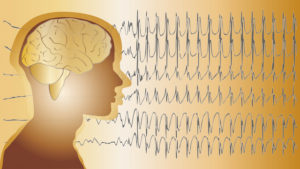
Noninvasive Brain Stimulation Turns Back Clock on Memory
Noninvasive stimulation of key brain regions could help people reverse the common age-related decline in working memory—our ability to remember names, numbers, and other tidbits

Noninvasive stimulation of key brain regions could help people reverse the common age-related decline in working memory—our ability to remember names, numbers, and other tidbits

The number of measles cases in the US so far this year has exceeded the total in 2018 to become the second highest since 2000,
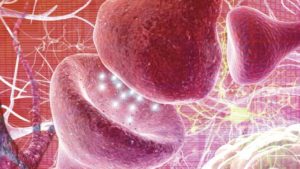
Nicotine can wield its effects on offspring in more ways than from exposures in utero or secondhand smoke: the sperm of mice that ingested nicotine
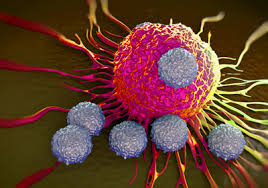
The European Commission has approved the use of Novartis’s tisagenlecleucel (Kymriah) and Gilead’s axicabtagene ciloleucel (Yescarta), two chimeric antigen receptor T cell (CAR T) therapies,
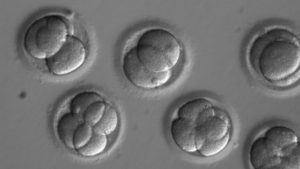
Researchers have used three types of stem cells to create a mouse embryo in a dish, according to research published in Nature Cell Biology yesterday
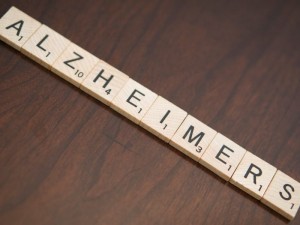
Ultrasound and microbubbles can safely open the blood-brain barrier in patients with Alzheimer’s disease, researchers reported yesterday (July 25) in Nature Communications and at the
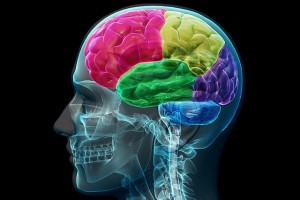
Researchers at Caltech have designed a noninvasive method to control specific neural circuits in the mouse brain. The technique, published earlier this week (July 9)

Bacteria can fend off viral infections by chopping up their DNA with their CRISPR-based immune system, but sufficient numbers of phages can overwhelm microbes’ defenses.
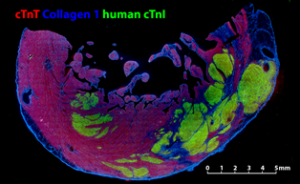
Injecting human cardiac muscle cells into monkeys that suffered heart attacks helped the animals’ damaged hearts pump blood better, researchers report July 2 in Nature

The US Food and Drug Administration today (June 25) approved for the first time a marijuana-derived drug, Epidiolex, for the treatment of two rare forms

Several hundred genes linked to intelligence or neuroticism have been reported in two separate studies conducted by the same group and published in Nature today

Agenetically modified poliovirus given to patients with recurrent glioblastoma—an advanced form of brain cancer—appears to lengthen survival times, researchers reported today (June 26) in the

Agenetically modified poliovirus given to patients with recurrent glioblastoma—an advanced form of brain cancer—appears to lengthen survival times, researchers reported today (June 26) in the

Agenetically modified poliovirus given to patients with recurrent glioblastoma—an advanced form of brain cancer—appears to lengthen survival times, researchers reported today (June 26) in the

An analysis of more than 30 years of research has revealed the underlying cause of the most common form of leukemia in children. Research compiled
Created by ePubSystems. Contact Us for similar site for your university or institute.